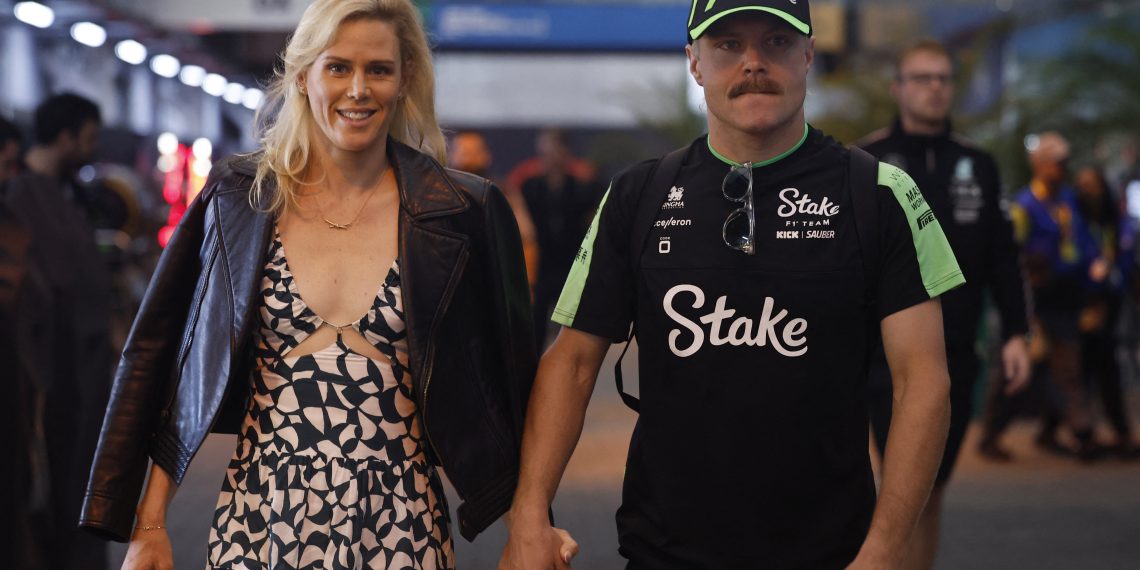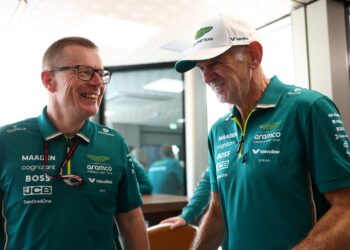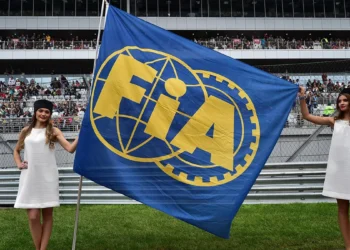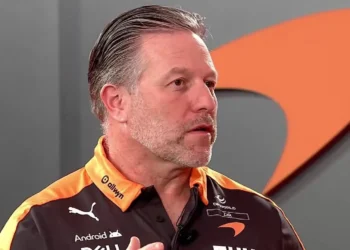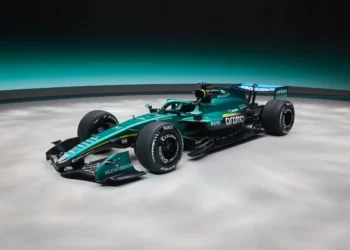The Audi-owned Sauber team has unveiled its 2025 Formula 1 lineup, featuring the young talent Gabriel Bortoleto alongside Nico Hulkenberg, signaling the end of Valtteri Bottas’s 12-year full-time F1 career. Despite a season that saw Bottas consistently outperform teammate Zhou Guanyu, the team opted for a fresh mix of experience and youth, leading many to question whether Bottas has been treated unfairly.
Bottas, a former Mercedes driver with an impressive record of 58 podiums, 20 poles, and nine Grand Prix wins, joined Sauber in 2022 (then Alfa Romeo) after losing his seat to George Russell. Throughout a challenging season in an uncompetitive car, Bottas has remained a standout driver, outqualifying Zhou 20-1 and finishing ahead of him in 12 out of 18 races. Still, Sauber chose to look toward the future, bringing in 20-year-old Bortoleto, currently a standout in Formula 2, with an eye on long-term development under Audi’s ownership.
The Bottas-Hulkenberg Conundrum
Bottas’s release came as somewhat of a surprise, given his experience and performance relative to Zhou. With Hulkenberg, 37, and Bottas, 35, pairing up, some argued that such a lineup wouldn’t “future-proof” Sauber’s development plan for Audi’s full-scale F1 entry. However, others, including F1 journalist Scott Mitchell-Malm, contend that Bottas’s recent performances justified his spot on the grid. As Mitchell-Malm put it, Bottas “barely put a foot wrong” this season, and his exclusion feels “borderline unfair” in light of what he’s shown on track.
“I think it’s very unfortunate that Bottas has dropped off the grid,” Mitchell-Malm remarked. “This isn’t a case of underperformance. He’s been consistently more convincing than some other drivers who are still on the grid.” Edd Straw, another F1 analyst, added that Sauber’s decision risks overlooking Bottas’s true value due to team dynamics.
Bortoleto’s Arrival: A Sign of the Times?
Audi’s choice to bring in Bortoleto also reflects a recent F1 trend: teams are increasingly willing to invest in younger talent, inspired by the success of drivers like Liam Lawson and Ollie Bearman. Sauber’s missed opportunity to sign Carlos Sainz, who ultimately joined Williams, and Esteban Ocon, who landed at Haas, left them eyeing Bortoleto, whom McLaren released to pursue other options.
Though Bottas’s departure might be seen as a misstep by Sauber, it underscores the team’s desire to reset with young talent. Both Mitchell-Malm and Straw noted that Audi-Sauber could be mirroring Toyota’s approach in its 2002 debut, swapping out experienced drivers for fresh faces without fully considering the immediate performance implications.
The Road Ahead for Bottas
Bottas’s options for 2025 appear limited. A Mercedes reserve role could keep him close to the F1 grid in the hope of a comeback. Alternatively, the Finn might explore other motorsport avenues, such as rallying or Extreme E, or he may even turn his attention to his personal passions, like cycling or his coffee business.
Reflecting on Bottas’s F1 journey, Straw noted, “At one point, there were conversations with four different teams. If Sainz hadn’t signed for Williams, Bottas would have gone there.” Despite the unfortunate end to his full-time career, Bottas leaves with a sense of accomplishment—and, as many believe, with something left to offer the racing world.
Zhou Guanyu’s Struggles and the End of an F1 Dream
Alongside Bottas, Zhou Guanyu will also exit Sauber in 2025, though his journey has been far less stable. Zhou showed glimpses of potential, but Sauber’s inconsistencies, particularly this season, hampered his development. Both Straw and Mitchell-Malm expressed sympathy for Zhou, noting that his 2024 season, plagued by team issues, left him unable to showcase his abilities fully. The loss of the only Chinese driver on the F1 grid for 2025 is disappointing, given the fanbase Zhou generated at his home race this year.
With the 2025 lineup now finalized, Sauber will enter a new era under Audi’s banner with Hulkenberg and Bortoleto, pairing experience with fresh ambition. As the F1 grid continues to evolve, Bottas’s exit serves as a poignant reminder of the sport’s fast-paced nature and the pressure on teams to balance immediate performance with future potential.

